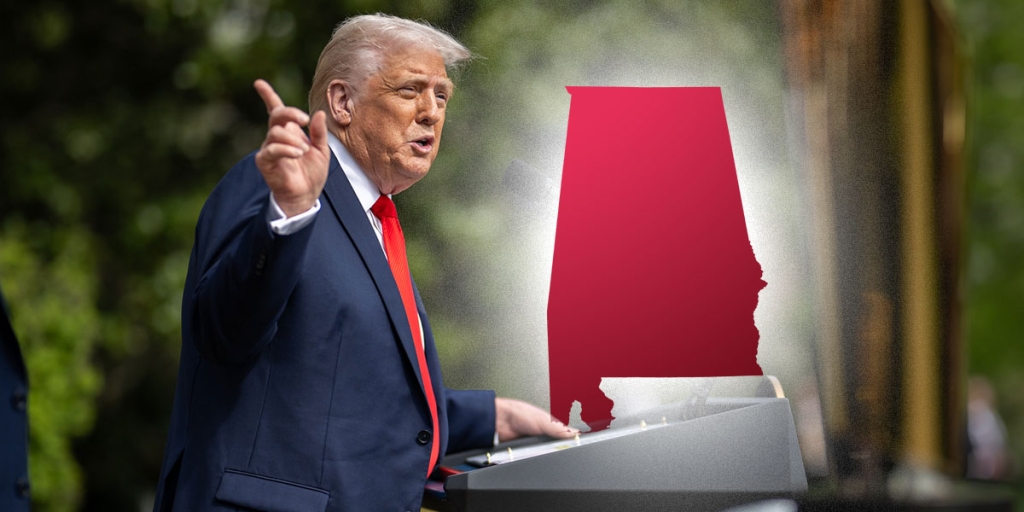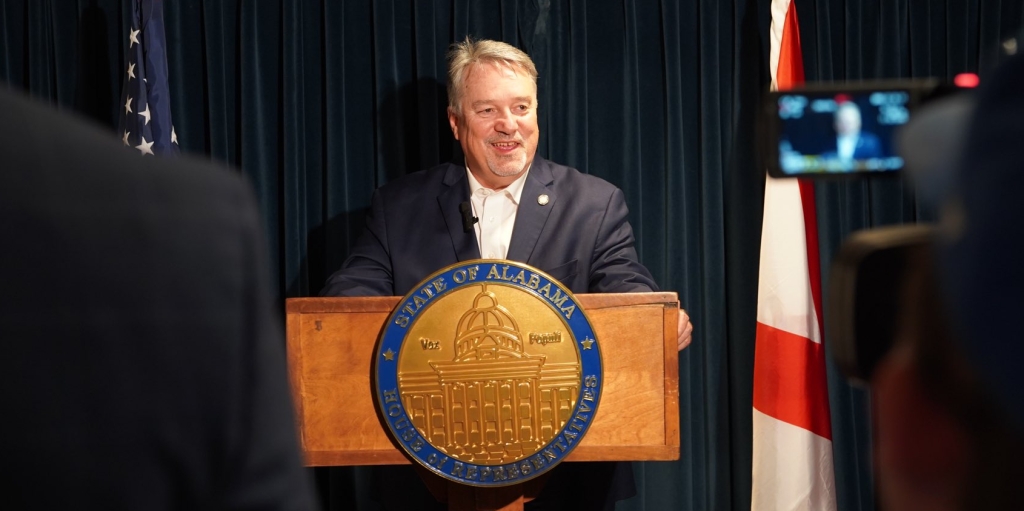The Alabama Policy Institute (API) criticized lawmakers in Montgomery this week for failing to extend the tax cut on overtime pay in the 2025 session.
Lawmakers decided instead to the state’s share of the so-called grocery tax from 3% to 2%, which goes into effect September 1, 2025.
API released a piece on their website Wednesday arguing that the tax cut saved Alabamians millions of dollars a year.
RELATED: Alabama lawmakers weigh future of overtime tax exemption as deadline nears
“Nearly two years ago, the Alabama Legislature enacted a first in the nation reform to exclude overtime income from the calculation of the state’s individual income tax,” API said.
“In a state that consistently has one of the lowest labor participation rates in the nation (57.8% in March 2025), the exemption has been a “game-changer”, increasing overtime work volume and providing relief from the ongoing labor shortage experienced by many business owners. In the first nine months of its existence, the exemption saved taxpayers more than $230 million, with annual savings surpassing $300 million.”
RELATED: Alabama House passes $192 million in tax cuts, relief reaches ‘just about everyone’
Those against extended the cut argued that the revenue shortfall to the Education Trust Fund (ETF) was much larger than originally expected. API argues the shortfall would not have made enough of an impact to cancel the tax break.
“Nearly all income tax revenues are earmarked for the ETF budget,” the piece continues. “In 2024, total ETF revenues were more than $10.65 billion, meaning that the $320 million in overtime tax cuts amounted to 3% of all revenues. To drill down further, total funding to local boards of education in fiscal year 2024 was $5.31 billion, so even if the overtime tax exemption was only coming out of that allotment (which it is not), it is still just 6% of the total budget for local K-12 public schools.”
API believes Alabama should follow the lead of other Republican states when it comes to tax relief.
Like many other southeastern states, Alabama has seen an unprecedented influx of revenue into its state coffers over the past few years. The difference is that while states like Mississippi and Georgia have used those surpluses to implement significant income tax reductions for citizens, Alabama has done little beyond limited and targeted relief for taxpayers.
Yaffee is a contributing writer to Yellowhammer News and hosts “The Yaffee Program” weekdays 9-11 a.m. on WVNN. You can follow him on X @Yaffee












